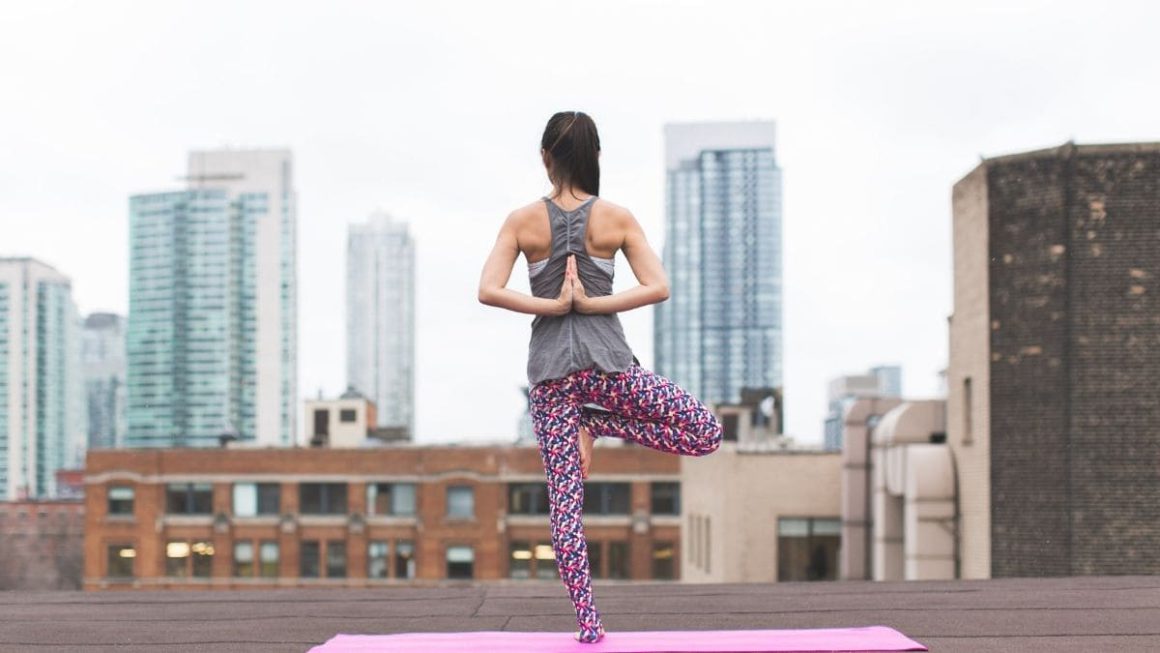We are living in a very complicated time of stress where every day a new news can come up that brings more worries to our lives. Pandemic, War, this month of March has been one of the most “serious” of the year with those issues. And that can not only affect society but also at an individual level in a very serious way.
These are problems that despite being far from us in many cases are added to our daily concerns thus increasing our stress, a combo that makes the stress hormones, cortisol and adrenaline very high, generating side effects that threaten our mental health as well as our quality of life.

What stress is like
Stress can be caused by many different factors, the endocrinologist Laura Maffei, specialist in stress, comments the following “In our daily life we face different stressors. This is very common, since stressors and our ways of dealing with them are part of life.”
Generally there are 2 types of stressors, these are absolute and relative, these are differentiated in the following way according to Maffei:
- Absolute stressors can become life threatening and life threatening, these are situations that do not give time to be evaluated and the body is activated immediately to do anything.
- The second type of stressor, relative stressors, are those that affect us in our daily life, but do not pose a risk to our survival, but the impact of these stressors does not help our body to recover properly from the effects of cortisol and adrenaline released.
The specialist states the following: “It doesn’t take a major event to make us prisoners of stress. It is these murmuring stressors that accompany us day after day, sometimes without giving us time to recover”.
Tips to lower daily stress
In view of all this, it is important to know how we can recover from all these factors in order to live a fuller life with fewer worries. The specialist recommends 7 activities that, although they may seem simple, are of great help in this situation.
Hugs
Although it sounds quite simple, hugs help stimulate the secretion of oxytocin in our organism, which is also called the hormone of love or embrace.
This oxytocin releasing effect is also achieved by dedicating a moment to one’s own pleasure. “Without guilt, it is a medical indication,” says Maffei.
Physical activity
Physical activity is something indispensable in our day to day life, through it we not only stay fit, but also healthy, doing physical activities on a frequent basis helps to regularize our cortisol levels.

This helps greatly to improve our mood, helping to stimulate our natural antidepressant, oxytocin and serotonin, hormones that are the antidote to cortisol.
Deep breathing
Breathing correctly is always something we should do, breathing deeply, inhaling and exhaling calmly helps to regulate the cortisol in our body and serves as a natural painkiller.
In this way we take care of giving a message to our brain that all is well, and when it understands the order to suspend the secretion of cortisol in our system.
Mother Teresa Effect
This effect, which is called “Maria Teresa Effect”, is based on doing solidarity actions, which not only help others but also through our reward system help regulate our cortisol levels.
Plan B
On many occasions it is often difficult for us to see the way out of a difficulty that we may be going through, these obstacles, which are often mental, promote the release of cortisol, thus increasing our stress.
To avoid this we should always try to have a plan B, C or even a plan D, in this way we can be prepared to be able to solve such situations, in addition to these precautions our body will also help regulate our cortisol levels.
Active breaks
The active pauses consist in stopping all those negative activities that we face day by day, this can be for a minimum of 30 minutes, this way we make sure to regularize our cortisol level in the body.
These pauses can be walking around the house moving our body and listening to music, drinking water, laughing, playing or simply changing the subject.
Projecting into the future
Last but not least, projecting into the future or reflecting always helps us to be able to look towards a better future where we are happier, this is an activity that can help us feel happier for what lies ahead.

In addition, by doing this we also tend to give ourselves some quality time with our thoughts, helping to regulate the cortisol in our system.

